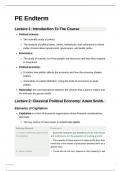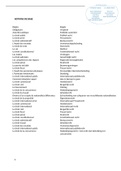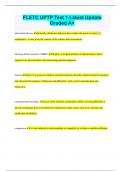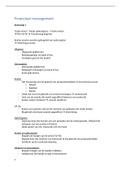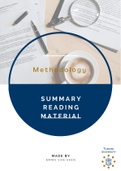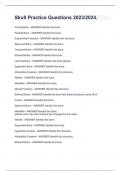Samenvatting
Summary Political Economy (PE) Endterm Notes
- Instelling
- Universiteit Van Amsterdam (UvA)
This document compiles the information provided during the lectures and the mandatory readings in a comprehensive document that has everything needed to ace the exam.
[Meer zien]
